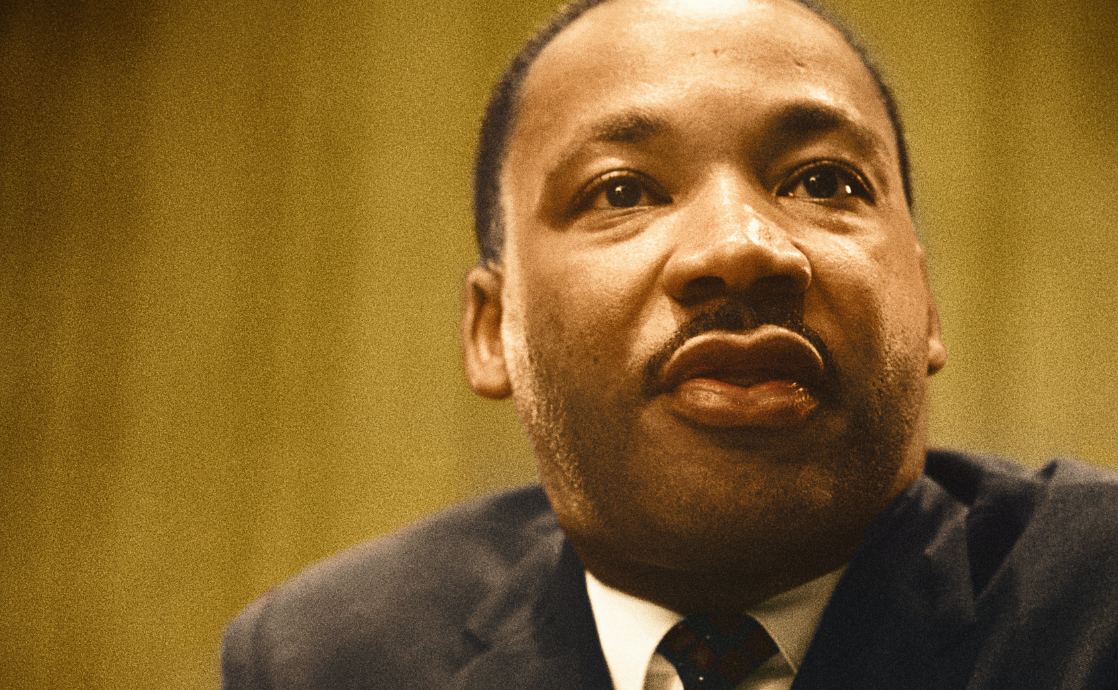In an era characterized by sociopolitical turbulence and cultural upheaval, the quest for radical change often evokes polarized interpretations. The Baha’i teachings offer a unique perspective on this concept by exploring the lives and legacies of two towering figures in the struggle for civil rights: Malcolm X and Martin Luther King Jr. Both men are emblematic of radicalism but differed fundamentally in their approaches to justice, peace, and societal transformation. Thus, the question arises: what does being radical really mean in the context of these two influential leaders?
To unravel this question, it is imperative to first delve into the foundational Baha’i principles, which uphold the oneness of humanity, the elimination of prejudice, and the importance of justice. In this light, let us examine the contrasting methodologies of Malcolm X and Martin Luther King Jr. and understand how their philosophies align, diverge, and ultimately resonate within the framework of Baha’i teachings.
Malcolm X, a prominent civil rights activist, epitomized the call for profound societal upheaval. Rooted in a critique of systemic oppression, his radicalism was often expressed through a vehement rejection of the status quo. For Malcolm, the urgency for change necessitated a sometimes confrontational approach, emphasizing self-defense and empowerment. His advocacy for a comprehensive reevaluation of racial identity and justice was radical in its insistence on the need for African Americans to embrace their cultural heritage and assert their dignity.
In contrast, Martin Luther King Jr. championed a model of nonviolence deeply influenced by Christian principles and the teachings of Mahatma Gandhi. King’s vision of radicalism was predicated on love, reconciliation, and systemic change through peaceful means. He believed that justice could prevail through dialogue and moral persuasion, aligning closely with Baha’i values that emphasize the power of education and understanding in fostering a united society.
This divergence prompts a challenge: Can we navigate the fine line between the militant assertions of Malcolm X and the pacifist ethos of Martin Luther King Jr.? From a Baha’i perspective, the answer lies not in prioritizing one approach over the other but in recognizing the validity and necessity of both. The pursuit of justice is complex, often requiring diverse methodologies tailored to specific circumstances. While Baha’is acknowledge the rightful anger expressed by Malcolm, they also embrace the transformative power of King’s nonviolent philosophy.
Historical context plays a crucial role in understanding the motivations behind these figures. Malcolm X emerged from an environment marred by systemic injustices, where racial violence was indiscriminate, and economic disenfranchisement was rampant. His radicalism was not merely an ideological stance but a direct response to lived experiences of marginalization. This context informs the urgency behind his call for self-advocacy and assertiveness among African Americans, which can be understood as a radical reclamation of agency.
Conversely, King’s activism arose in a milieu where nonviolent resistance was gaining traction as a powerful tool against oppression. His approach was a radical reimagining of power dynamics, asserting that love and forgiveness can dismantle hate. The radical nature of nonviolence lies in its ability to challenge entrenched systems without perpetuating more violence, creating a moral high ground that resonates with Baha’i teachings about unity and brotherhood.
So, what does it mean to be radical in the modern context? In contemplating this question, we explore the notion of radicalism beyond the dueling legacies of Malcolm X and Martin Luther King Jr. Today, being radical necessitates a multifaceted approach imbued with empathy, understanding, and a commitment to justice. It challenges individuals and communities to confront uncomfortable truths and to cultivate resilience against societal norms that perpetuate inequality.
Implicit within the teachings of the Baha’i Faith is the idea that radicalism, while often associated with upheaval and change, can also manifest in subtler forms of transformation. Encouraging discourse, fostering education, and engaging in community service are all radical acts that contribute to the collective evolution of society. The Baha’i commitment to the advancement of civilization hinges upon the recognition of shared human dignity and the imperative of justice, allowing individuals to honor both the fiery spirit of Malcolm and the compassionate ethos of King.
Furthermore, the synthesis of their philosophies can serve as a guiding compass for contemporary movements. The interplay of assertive change and peaceful dialogue equips activists with a versatile toolkit for addressing the multifaceted crises of our time. Many modern social movements echo King’s call for justice while embodying Malcolm’s urgency, providing a rich tapestry of radical thought that encourages ongoing evaluation of the means by which change is pursued.
In conclusion, being radical, as understood through the lens of Baha’i teachings and the contrasting lives of Malcolm X and Martin Luther King Jr., transcends simplistic binaries. It invites individuals to engage deeply with the ethical dimensions of justice, facilitating a holistically radical approach that resonates with contemporary audiences. This encourages a reflection on how we can embody radical change today, developing strategies that honor our shared humanity while challenging injustices that persist. By understanding the interplay of multiple radical methodologies, we cultivate a more profound appreciation for the complexity of societal transformation, paving the way for a more just and unified future.
